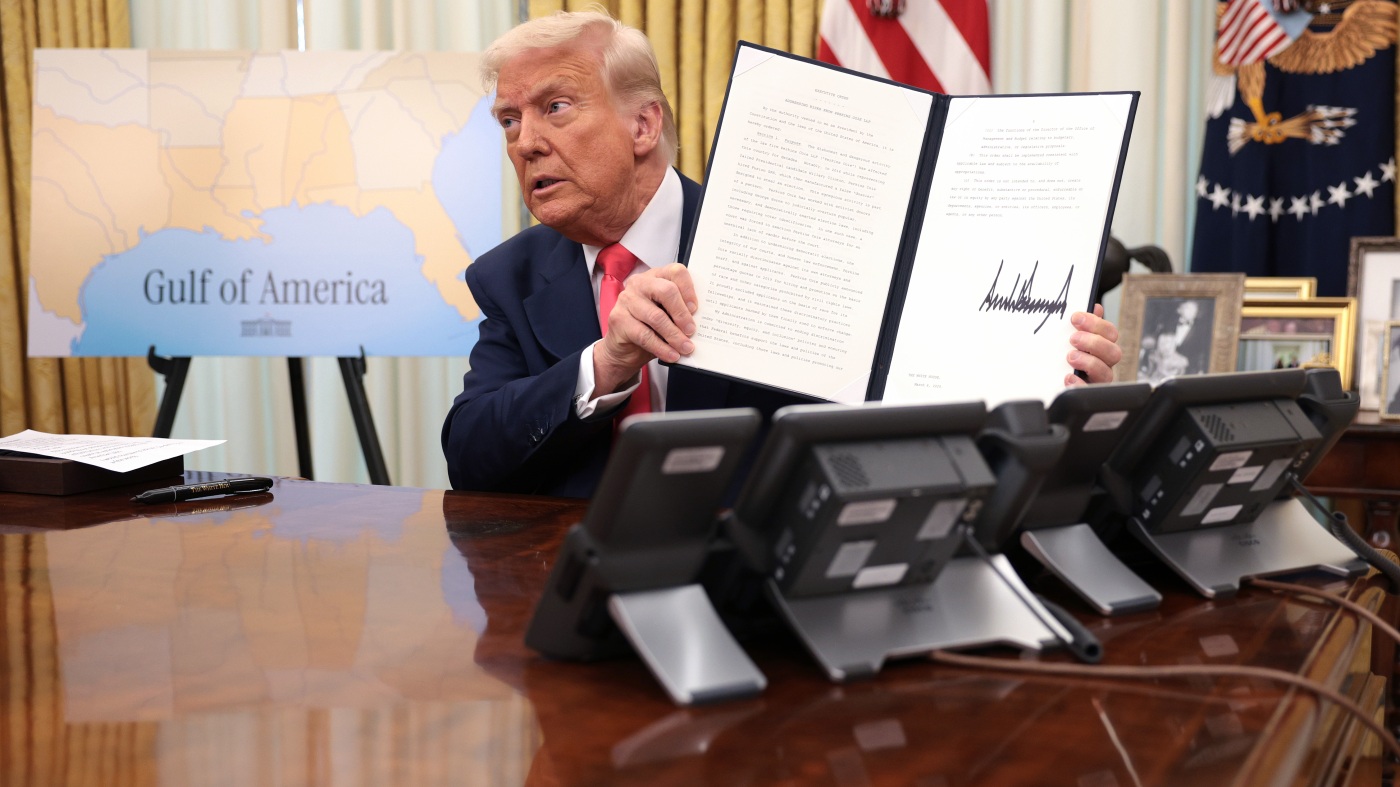“`markdown
Introduction
The recent ruling by U.S. District Judge Beryl Howell, which struck down President Donald Trump’s executive order targeting Perkins Coie, is more than a legal victory—it’s a reaffirmation of constitutional safeguards against government overreach. At its core, the case revolves around the tension between executive authority and fundamental rights, particularly free speech and due process. By examining the order’s motivations, the court’s reasoning, and the broader implications, we uncover a narrative about power, accountability, and the resilience of democratic institutions.
—
The Executive Order: A Retaliatory Measure
Targeting Political Opponents
Issued in March, the executive order singled out Perkins Coie, a law firm with deep ties to Democratic clients, including the Clinton campaign. The order accused the firm of “dishonest and dangerous activity,” imposing punitive measures such as revoking security clearances for its employees and barring government contractors from working with the firm. These actions were widely perceived as retaliation for the firm’s legal and political affiliations, raising immediate constitutional red flags.
The Thin Line Between Policy and Punishment
While presidents have broad discretion over executive actions, this order crossed into dangerous territory by explicitly penalizing a private entity for its perceived political alignment. The text of the order, coupled with public statements, revealed a clear intent to punish Perkins Coie for its First Amendment-protected activities, such as advocating for employment policies and representing Democratic clients.
—
Legal Analysis: Why the Order Failed
First Amendment Violations
Judge Howell’s ruling hinged on the order’s violation of the First Amendment, which protects free speech and association. By targeting Perkins Coie for its legal work and political ties, the administration effectively penalized the firm for exercising constitutional rights. The judge emphasized that government retaliation against protected speech is “unconstitutional *per se*,” setting a firm precedent.
Due Process and Arbitrary Enforcement
The Fifth Amendment’s Due Process Clause also played a pivotal role. The order lacked clear standards for enforcement, granting the executive branch unchecked power to blacklist entities based on subjective criteria. Judge Howell noted this vagueness created a “chilling effect,” discouraging lawful advocacy out of fear of reprisal.
Judicial Pushback Against Overreach
The ruling underscored the judiciary’s role as a check on executive power. By labeling the order an “unprecedented” overreach, Judge Howell reaffirmed that no branch of government is above constitutional limits. This aligns with historic rulings like *Youngstown Sheet & Tube Co. v. Sawyer*, where courts have curbed presidential actions lacking legislative or judicial grounding.
—
Broader Implications
A Warning Against Political Retaliation
The decision sends a clear message: the government cannot weaponize policy to silence dissent or punish opponents. This is particularly significant in an era of heightened political polarization, where retaliatory measures risk becoming normalized.
Protecting the Legal Profession
Law firms operate as pillars of the justice system, and their ability to represent clients without fear of reprisal is sacrosanct. The ruling safeguards this principle, ensuring attorneys can advocate for controversial causes without facing government-backed penalties.
Reinforcing Judicial Independence
Judge Howell’s decision exemplifies the judiciary’s duty to uphold constitutional boundaries, even when confronting powerful executives. It’s a reminder that courts serve as the ultimate arbiters of legality, not political expediency.
—
Conclusion: A Landmark for Democracy
The invalidation of Trump’s executive order is more than a legal footnote—it’s a testament to the enduring strength of constitutional democracy. By striking down a blatant act of retaliation, the court preserved the foundational ideals of free expression, due process, and separation of powers. This ruling doesn’t just protect Perkins Coie; it fortifies the rights of all individuals and entities against future abuses of power. In an age where executive actions are increasingly scrutinized, the decision stands as a bulwark for accountability and the rule of law.
“`











